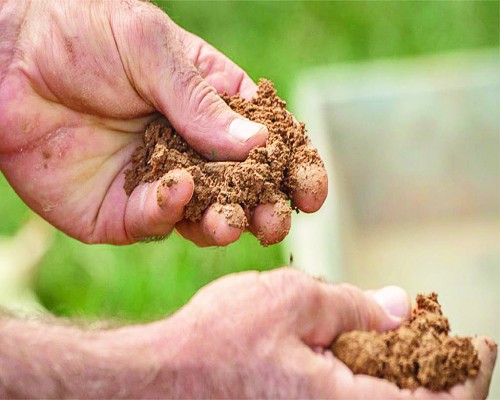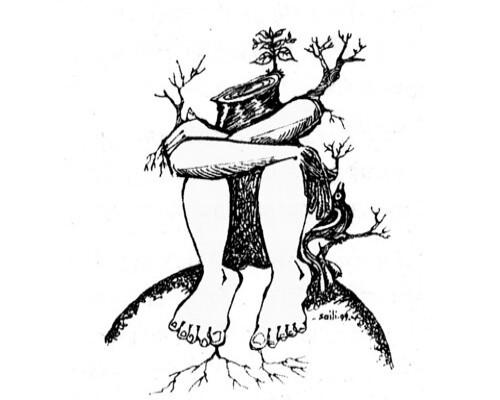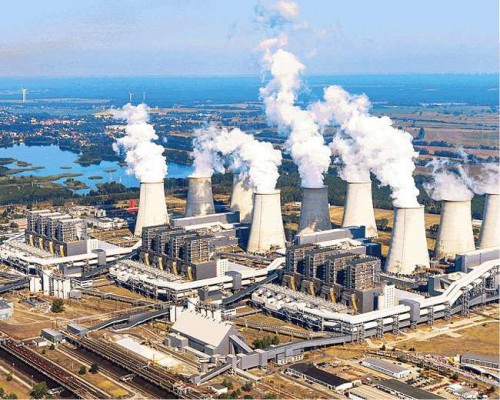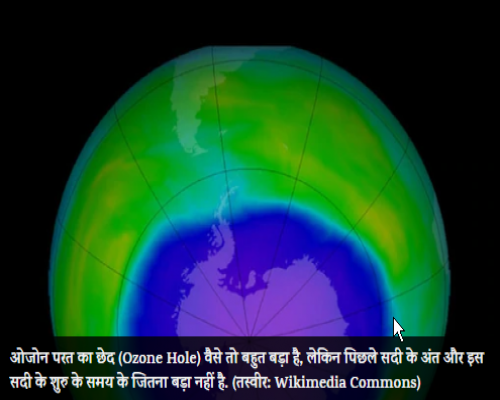Polluted Soil More Harmful Than Climate Change, Threatening Biodiversity

Soil pollution is emerging as a major threat to organisms living underground, posing a greater danger than climate change. Previously, it was believed that intensive farming and climate change were the primary factors contributing to the decline in soil biodiversity. However, a recent study has shown that soil pollution, particularly from heavy metals and persistent chemicals, has a far more significant impact.
The study suggests that land use, soil management practices, climate change, and invasive species all contribute to the reduction of biodiversity in soil, but pollution plays the most critical role. The research, published in the journal Science, involved analyzing over 600 global studies to understand the impact of soil pollution on underground ecosystems.
The findings reveal that pollutants like cadmium and heavy metals disrupt the natural growth of plants and the overall health of soil organisms more than previously thought. These pollutants affect the very foundation of soil health, including the nutrient cycles essential for supporting life both above and below the ground.
Furthermore, the study highlights that while climate change impacts are more visible above ground, the consequences of soil pollution are profound but less obvious, making them a silent yet potent threat to biodiversity. Researchers emphasize the need for immediate action to address soil pollution to protect ecosystems and maintain the balance of nature.























